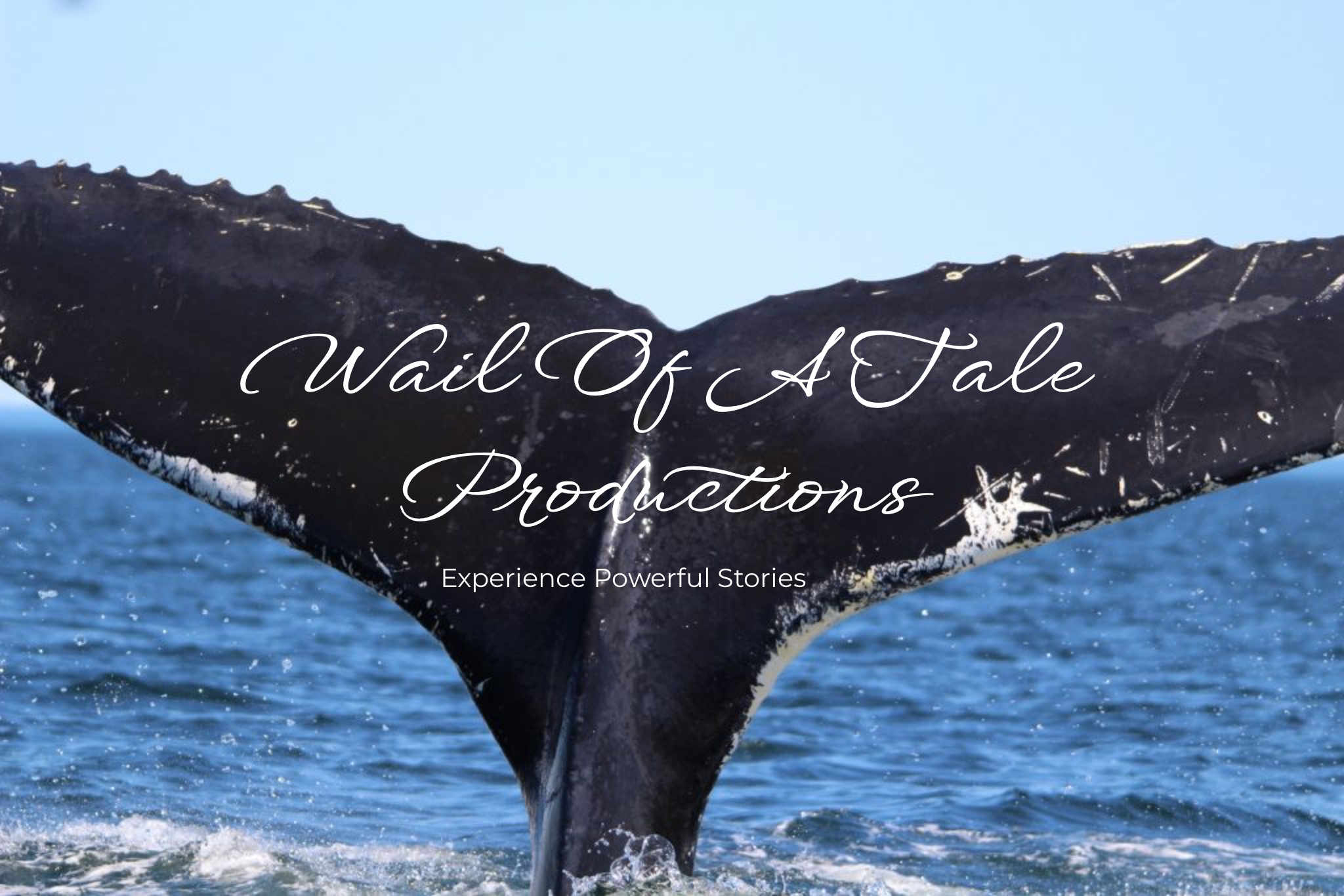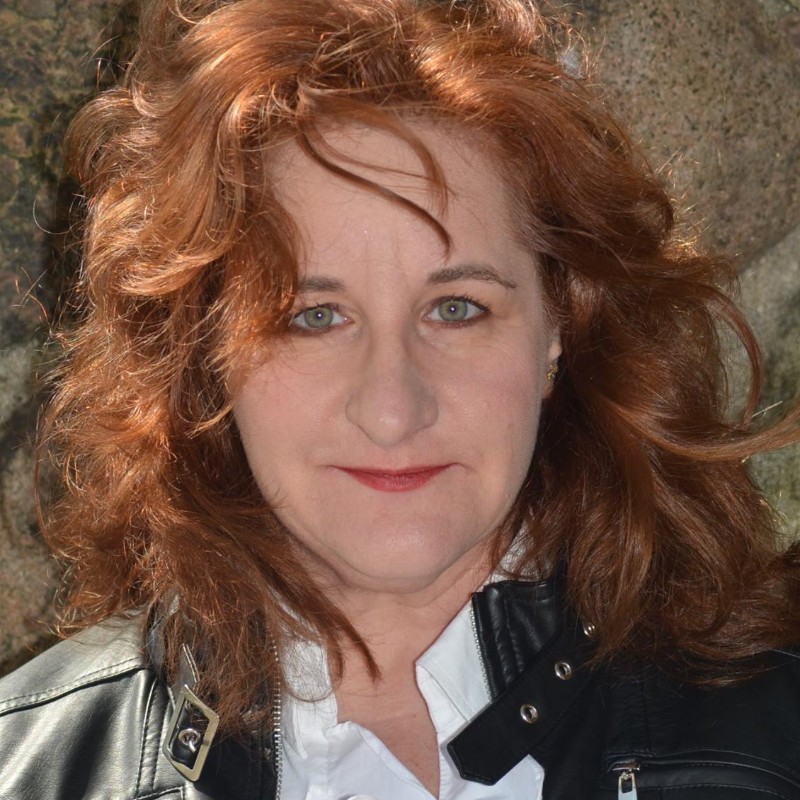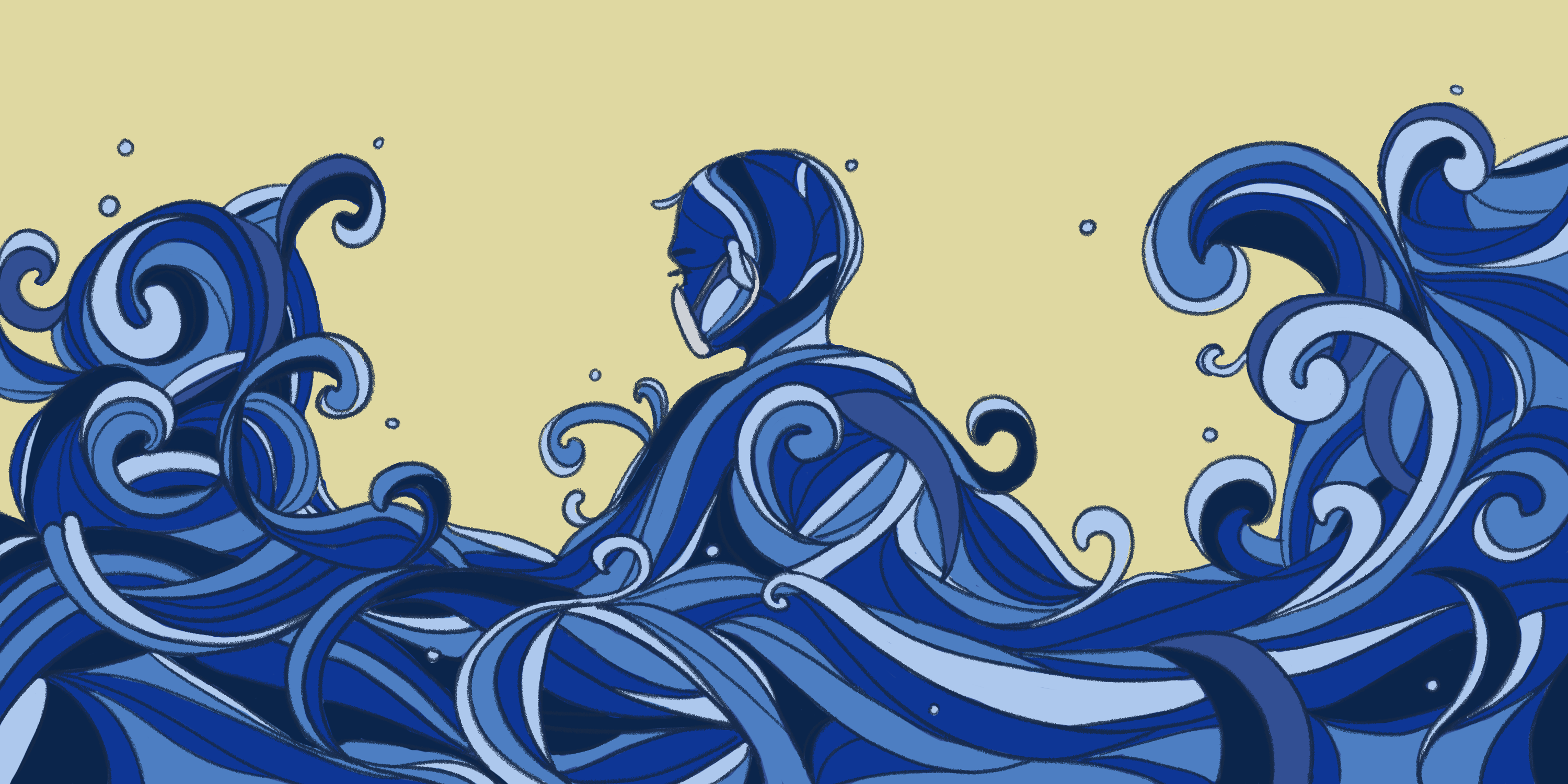The journey of a social justice filmmaker, and the stories of women who drive the voices of her films.
On the bustling, neon-lit streets of Chicago, Marty Pack fiercely pursued a bachelor’s degree in communication production at Northeastern Illinois University, all while raising two children as a single mother, working full-time, and dedicating her youth to social causes.
Graduating summa cum laude, Ms. Pack continued her studies with a master’s degree in political science focusing on philosophy and human rights at NEIU. Currently, she is pursuing a second master’s in public administration at the University of Colorado. Through her variety of educational studies, Ms. Pack now dedicates her career to making film documentaries advocating for various social justice causes.
Ms. Pack’s organization, Wail of a Tale, is a collective team specializing in “education through documentary storytelling”. Although Ms. Pack and her organization originated in Ohio, her 22 years as a Chicago resident provided her much insight into what social justice issues should be addressed and how.
As a current intern spreading the organization’s values, I have witnessed firsthand the diverse and outspoken nature of Ms. Pack’s films, and the tenacity of her team. Many of her inspirations came from the schooling she attended here in the Windy City.
“My education, definitely, in Chicago, really opened my eyes to the wider world and really helped my development at recognizing my bias,” said Ms. Pack. Taking this knowledge with her, she now devotes her time to radical storytelling.
Inspired by her children’s experiences in Chicago’s public school system, Ms. Pack produced a documentary titled The Take Over of Testing, which aims to educate the Chicago Teachers Union on the history of racially discriminatory intelligence testing and how that correlates to current prison pipeline systems and closures of public school resources. Though the film was made over 10 years ago, it is still educating audiences today.
Ms. Pack’s second film covers domestic abuse within undocumented immigrant communities, chronicling the empowering story of a Chicagoan woman named Maria. Ms. Pack’s primary passion lies in reframing the white-dominated media stories by taking a behind the scenes stance while giving space for communities of color to share their stories.

Wail of a Tale Productions prioritizes “education through documentary storytelling”. Photo courtesy of the organization’s website.
Currently, Ms. Pack and her team of creatives, including myself, are working towards a long COVID-19 documentary. A newer term, long COVID is a term still debated within our current government. For Ms. Pack’s documentary, she defines long COVID as “damage done to your organs or bodily systems and post viral illness that can develop later, sometimes months, later.”
What Ms. Pack aims to highlight in her next film are the adverse effects long COVID has on the BIPOC, LGBTQ+, immigrant, working poor, and undocumented communities. Ms. Pack’s film harnesses a particular advantage because some of the behind the scene creatives are women who currently live with long COVID day to day, offering authentic and raw stories.
Two of Ms. Pack’s most outspoken team members are Ms. Beth Pardo and Ms. Andrea Tomasek, whose stories share many similarities. Pre-COVID, both women were regular exercisers, healthy, and enjoyed workouts and hikes. Both also contracted COVID early on before testing was even made possible, resulting in a plethora of long lasting health conditions which went ignored by doctors.
For Ms. Tomasek, her rap sheet of long COVID health conditions include Postural Orthostatic Tachycardia Syndrome (POTS), gastroparesis, vascular damage, and exacerbated Ehlers-Danlos Syndrome, among others. Ms. Pardo also suffers from cardiac issues, elongated fevers, and cognitive speech limitations, resorting to texting during work meetings due to slurred speech.
What frustrates both women is the lack of seriousness, knowledge, and proper medical treatment for long COVID. Ms. Tomasek’s two children suffered drastically from the dismissal of their long COVID symptoms as well.
“The infectious disease doctor said, ‘Have you ever considered that your daughter’s just copying you for attention?” Ms. Tomasek said.

Marty Pack, photo by Emily Diaz
The dismissal of such symptoms is a common occurrence for long COVID patients, as many symptoms are misdiagnosed for anxiety-induced conditions, or seen as incredulous. Ms. Tomasek believes this stems from the culture of how doctors are trained into the medical field. “No sane person works that amount of hours,” she said.
Though both women hold many frustrations about their long COVID experiences, they acknowledge that, unlike many people, they still have privileges as white women, which inspires them to work behind the scenes along with Ms. Pack in finding stories from BIPOC communities.
“There are way too many people who look like me and Andrea who are telling long COVID stories and we come from a place of privilege,” said Ms. Pardo.
Wail of a Tale seeks fellow long COVID stories from people of color to encapsulate Ms. Pack’s true intent for the documentary. One harrowing story in particular comes from Ms. Cynthia Adinig, a Black woman who was severely mistreated and racially discriminated against in her long COVID journey. Ms. Adinig not only testified in front of the U.S. Congress, but was one of the first people to join Wail of a Tale’s advisory board, along with Ms. Pardo and Ms. Tomasek.
I was lucky enough to personally hear her story. During our interview, her young son, also living with long COVID, giggled at the camera while practicing advanced mathematics for fun. A child prodigy. One would hardly guess that behind Ms. Adinig’s camera, she and her son live with seven air purifiers in their room with plastic coverings over their windows to prevent symptom flare ups from their POTS and respiratory issues. Ms. Adinig reflected on choking in her sleep almost every night, and having allergic reactions due to negligent doctors giving her saline despite telling them she was allergic beforehand. Among many other women, Ms. Adinig faced extreme racism from her healthcare providers, including microaggressive insults and unnecessary physical responses to her advocating for a diagnosis.
“The doctor refused to believe anything was wrong with me and had me escorted out by security. In my report she said I had an ‘aggressive tone,’” Ms. Adinig said.
It’s no secret that people of color, especially Black and Latine individuals, face more bias than their white counterparts. Studies conducted by the University of Chicago relay that Black patients were 2.54 times more likely to have negative descriptors in their patient medical reports compared to white patients. According to a study from Harvard University, there is also a misconception that Black people have a higher pain tolerance than white people, further dismissing their symptoms.
The persistence of the “angry Black woman/man” stereotype in the office and health care has existed for many years, and its effects negatively impact the bridge of trust and transparency between patients and doctors.
“I don’t trust that they’re not going to have me arrested,” Ms. Adinig said about her experience. “I don’t want to end up like George Floyd… and so now I just bring a white man with me.”
It’s stories like these that truly fuel the messages of Ms. Pack’s current project.
“I know we’ve lost women, especially women of color… and all those names we don’t know. It’s so hard for us to find each other… and that’s why Wail of a Tale is so freaking important because… we know people of color are criminalized even when we tell our stories,” Ms. Adinig said.
One of Wail of a Tale’s goals is to provide a safe space for people of color to share their raw stories, and to build a bridge between these stories and education.
“What we are working on now is the health care system, and how that is now being privatized,” said Ms. Pack. “You’re going to see more poverty, more marginalization of people who need help because they aren’t going to give up that money and power.”
The “they” Ms. Pack references are the plethora of political officials who maintain a system of racism and exploitative capitalism as power. For Chicagoans, many of our communities of color are suffering racial discrimination just like Ms. Adinig at the hands of these kinds of politicians. As a self-proclaimed haven city, Chicago also lacks efficient health care equity for immigrants. This June, Governor J.B. Pritzer paused a program which provided healthcare for undocumented immigrants during the pandemic, sparking outrage at the Daley Plaza. Stories of racial bias towards Black patients are also prevalent in our city.
According to CNBC, long covid patients receive around $9,000 dollars in medical costs within the first sixth months of their diagnosis. These medical costs will especially affect the unhoused and impoverished communities, especially given that “44% of people with long COVID were out of the labor force, and 51% worked fewer hours”.
Public schools remain a place of vulnerability due to Chicago’s inadequate funds for improving indoor air quality tools such as HVAC systems, according to the Chicago Teachers Union. Statistics demonstrate a 60,000 increase in cases from the beginning of 2022 until April of this year. Although CPS is investing more money into this.
“We need good air in schools,” Ms. Pack said. “Without mitigation and clean air inside of classrooms, you’re going to have a lot of kids who are impacted with disabilities.” Such disabilities, as defined by the U.S. Department of Health and Human Services, include lung, heart, and kidney damage. e schools, their current 8.5 million dollar plan is a significant decrease from their 100 million dollar plan during 2022 pandemic recovery. The Chicago Sun Times reports a $600 million dollar deficit for Chicago Public School funding is predicted by 2026.
Not only does Ms. Pack want to highlight personal stories for inspiration, but also as tools for education systems, beginning with young impressionable audiences first.
“I want to take the documentary and create a docuseries for classrooms, sixth grade and up. We want to teach emotional intelligence, empathy, critical thinking,” said Ms. Pack.
With Mayor Johnson now in office, perhaps some new reforms will be implemented regarding tighter COVID protocols. Although the city has a lot of work to do, Ms. Pack attributes much of her positive memories to the Windy City.
“Growth, definitely, as a human being, took place in Chicago,” Ms. Pack said.
It is this personal growth which Ms. Pack carries with her everyday in her documentary storytelling, sounding the alarms for social change and fulfilling Wail of a Tale’s mission of “making waves for social change.”
Header by Rafa Villamar




NO COMMENT